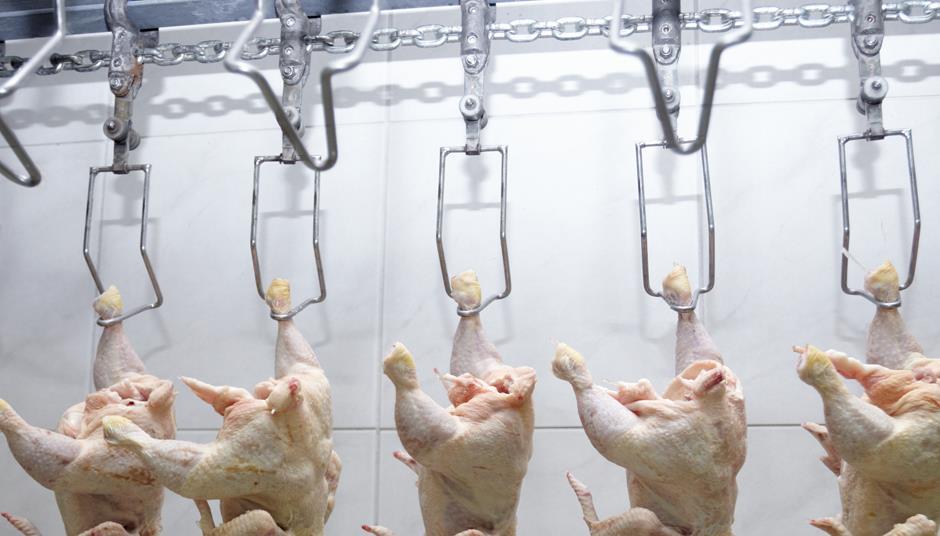kiwi pom
Member
- Location
- canterbury NZ
You have it correct largely.
It is still legal to wash salad (and fruit, IIRC) with dilute chlorine solutions in the UK but there are restrictions on how it is done. I understand the foodstuffs so treated must not contain residues higher than concentrations that would be legal within UK water supplies.
UK food safety laws are understandably strict and people like environmental health are known for not having a sense of humour at all.
If you ask me, given my experience of the food chain from start to finish, I would say the place where the greatest risk to consumers is where it is processed or finally cooked rather than at the primary production end if that makes sense. However, I do understand why the regulations applying to slaughter houses and the like are so strict.
From a food safety point of view, my gut feel is that chlorinated chicken probably presents no health risk to consumers. I do not know what practices are used in Brazilian or Thai poultry products though.
So what do they do differently? Could it be that they do everything to the same standard but also wash with chlorinated water as an extra layer of protection?
Again I've no idea, we seem to have reached the conclusion their standards are lower and they may be, but I haven't seen how.







